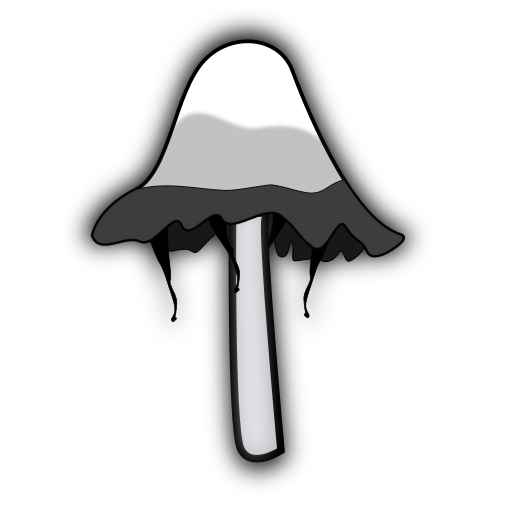Day 4 of growing Pleurotus ostreatus cultures from spore. Only one plate got contaminated, but it was bad. There are two contaminant fungi going to battle, and around three possible bacterial colonies. I must have been losing it at the end, haha! Can’t wait to see how they progress!


Thanks! Interesting to see a line like this :-)
I like preparing a dilutions series and then preparing two or three plates per dilution by adding 1 mL of liquid into the plate. Usually one of the dilutions has a good spore density to get well-separated colonies.
Oh, that’s a great idea! I’m clearly new to mycology, so I’m just kind-of experimenting–but you’re right, we’re talking billions of spores, and only two need to meet in order to form a strain. Hmm…
Yeah! And when they do meet, they form a new anatomical structures called ‘clamp connections’, so if you have a microscope it is easy to check if the mycelium has already mated.
There is a nice series about breeding and how to isolate single-spore haploid mycelium here: https://www.youtube.com/watch?v=vsJpjQhsDIM
The idea is that if you manage to grow plates from single un-mated mycelium, you can then control their breeding, and this is how you can make new strains and have more control over their genetics. It is a more advanced topic in mycology, but a very interesting one to learn about!